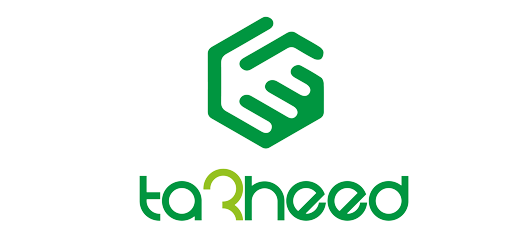How Outsourcing Companies Counter the Risk of Data Leakage in the Era of Large Language Models

As companies increasingly rely on Large Language Models (LLMs) to process data and enhance performance, the issue of data security and protection against leakage has become one of the most significant challenges facing the outsourcing and data analytics industries.
In this context, companies have developed new tools for Data Anonymization, which work to remove and substitute sensitive information locally before it is passed to any external Artificial Intelligence system.
With the expanding integration of AI within companies’ operational frameworks, the question remains: What happens to the data after it is entered into cloud systems? Especially since most commercial AI models are managed as a “black box,” making it difficult to track how data is being utilized within them.
While data may not be directly used for training, it can still be accessed for review or model improvement purposes, which raises significant concerns regarding user privacy.
To address these risks, security companies have introduced solutions in the form of local, offline data tools that can be easily integrated into existing work environments.
One such advanced tool is written in Python and is currently being used in internal projects and by clients in sectors that handle sensitive data—such as healthcare, financial services, and Business Process Outsourcing (BPOs).
This solution is considered an ideal option for outsourcing companies dealing with global clients who need to strike a balance between operational efficiency and data privacy protection.
The tool relies on the Presidio framework and Named Entity Recognition (NER) techniques based on models like spaCy and RoBERTa, in addition to Regular Expressions (Regex), to detect sensitive elements such as names, addresses, card numbers, and identifying data.
After sensitive data is identified, it is replaced either with realistic dummy values using the Faker tool or completely masked, depending on the use case.
Amid the escalating use of AI in analytics services, customer management, and after-sales service, this type of solution represents a crucial shift toward a more secure model for data governance within global outsourcing companies, particularly with the growing trend toward compliance with international information security standards like OWASP.







